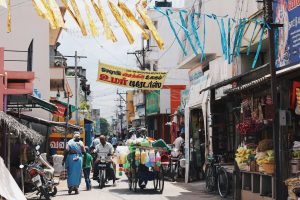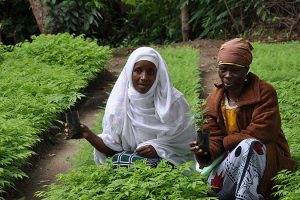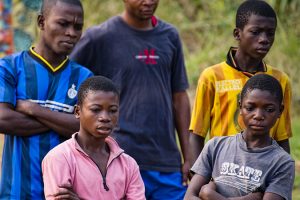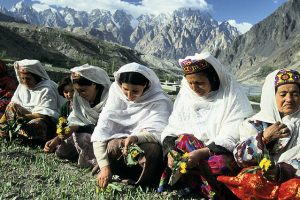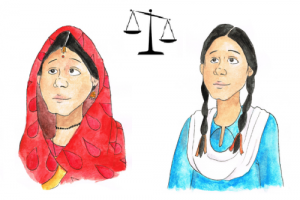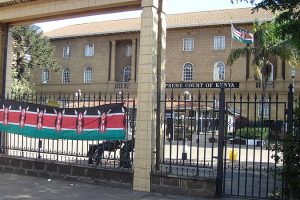Legal Institutions
Institutional Diagnostic Synthesis
The Institutional Diagnostic synthesis is the culmination of the research undertaken in the four EDI case studies in Bangladesh, Benin, Mozambique and Tanzania. The synthesis also reflects on two historical case studies – Taiwan and South Korea – and describes…
Using Machine Learning to Promote Fairness and Efficiency in Indian Courts
Biased or slow rulings from judges have serious economic and welfare consequences, including a harmful environment for business. Courts in developing countries face numerous challenges in providing fair and efficient justice to citizens and firms. The challenges include: legal codes…
Endogenous Political Fragmentation: The Role of Property Rights in Historical Perspective
Focus of the study Land is an important asset in determining wealth, and therefore institutional frameworks for property rights – whether legally or informally arranged – are critical components that either can contribute to or constrain economic development. This research…
Judicial independence in Pakistan
Focus of the study Judicial independence from state bureaucracies is considered critical for the stability of institutions and for ensuring the rule of law. As such, judicial independence is crucially important for understanding the development process. Our primary aim in…
Land rights and village councils in Tanzania
Focus of the study This research consists of a diagnostic survey to study how institutions can affect female land property rights in rural Tanzania following the legal reforms of the late 1990s. These reforms have established strong property rights on…
Social structures, political accountability, and effective public goods provision
Focus of the study This project explores the extent to which age sets, a traditional social structure in many African societies, can be leveraged to improve local oversight, governance, and the provision of public goods. Age sets are initiation rituals…
Individualization of property rights and population pressure
Focus of the study In response to increased land pressure, customary land tenure systems continue to evolve toward more individualization and transferability of rights in many parts of sub-Saharan Africa. This project aims to investigate how social norms related to…
Women’s inheritance and female empowerment
Focus of the study This study examines changes in the overall agency of women in Pakistan who receive inheritance in the form of higher autonomy, more control and access to finances and resources, or improved bargaining power. Unfortunately, there is…
Child marriage law, gender norms and marriage customs (Bangladesh)
Focus of the study Our key research question is: Do laws regarding child marriage (marriage below the age of 18) influence social attitudes and marriage practices when the state has limited enforcement capacity? This study investigates the effects of child…
Stock-based versus flow-based redistribution (Zimbabwe and South Africa)
Focus of the study Our key research question is: How can a political and economic equilibrium be changed so that the economy embarks on a new development path that is not derailed irrespective of who governs? This question is important…
Access to Justice in Kenya’s Magistrates’ Courts
Access to Justice in Kenya’s Magistrates’ Courts: Judicial Decisions as Public Goods Issue: Inefficiencies and lack of accountability in Kenya’s over-burdened and under-resourced magistrates’ courts result in wide disparities in the quality and application of justice. In 2016, for example,…
Institutional Reform and de facto Women’s Rights
Issue: In many socially-conservative settings, legal protections and provisions have frequently outpaced how administrators enforce these rules. In Pakistan, for example, government officials often use their own judgement and respond to local concerns when carrying out functions critical to women’s rights, including…
Improving the Effectiveness of Labor Courts through Information and Conciliation
Issue: Mexican law requires that labor disputes should be adjudicated within three months, but, in practice, the country’s labor courts have several years of backlogged cases. This dysfunctionality creates uncertainty for workers and businesses, limits access to justice, and is…

